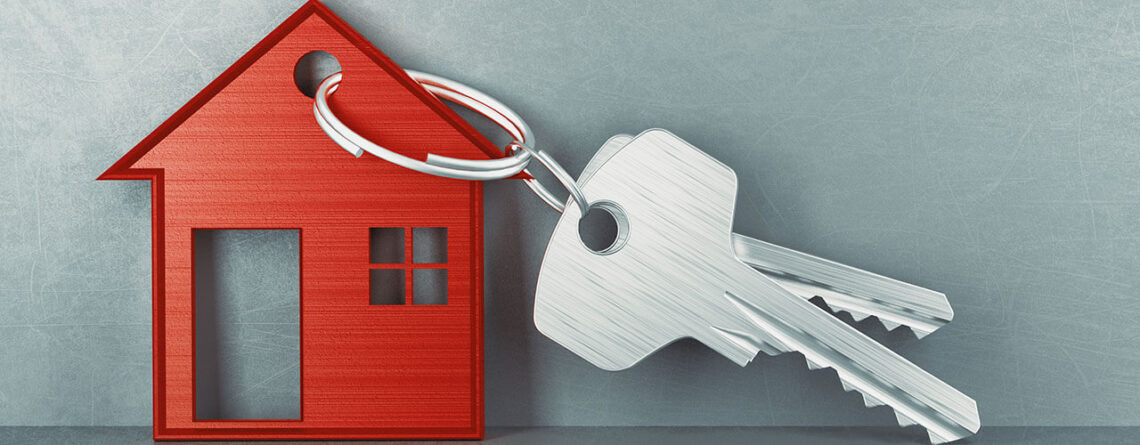Homeownership and the Perception of Material Security in Old Age
By Claudius Garten, Michal Myck, Monika Oczkowska
Homeownership has been shown to be related to various aspects of well-being, although both the causal nature of this relationship and the possible channels behind it have been difficult to identify. We focus on one of the most often quoted mechanisms which could be responsible for the positive effects of homeownership, namely its role in providing material security in old age. Using data from 15 European countries collected in wave 2 of the Survey of Health, Ageing and Retirement in Europe (SHARE), we analyse the relationship between homeownership and material security, as measured through subjective expectations of being better or worse off in the future. We find that homeowners have a higher level of material security than renters, and this association is especially strong for those living in big cities. For this subsample, in comparison to renters, owning a property in the top quartile of the home value distribution is associated with an increase in the probability of expecting to be better off in the future by as much as 43%. With respect to our measure of material security we find no such correlations with education, income or financial assets. We interpret the results as support for the argument that homeownership offers a very particular form of material security, which may be behind its positivse implications for well-being.
Source: @Paper SSRN











